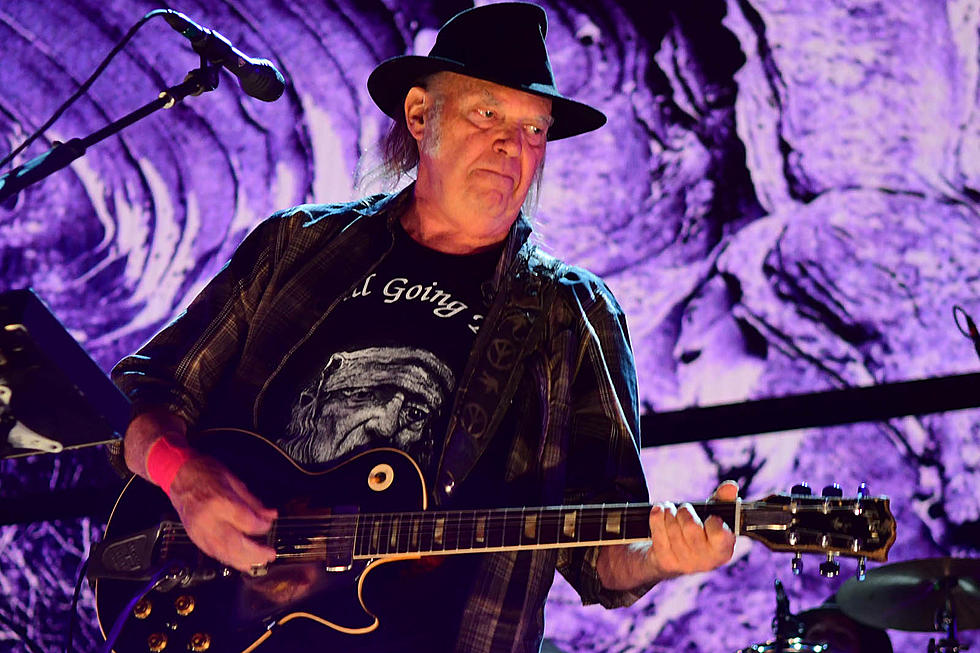
Why Neil Young Issued the Utterly Bewildering ‘Trans’
What was Neil Young smoking in the ‘80s?
He jumped from one lazy genre exercise to the next, trying on everything from rockabilly (Everybody’s Rockin’) to old-school country (Old Ways) to big-band swing (This Note’s for You).
Young actually started and ended the decade strong, with 1980’s Hawks and Doves and 1989’s Freedom respectively. But most everything in between (with the notable exception for 1981’s Re-Ac-Tor) was puzzling at best.
And it all started with 1982’s Trans, a synthesizer-powered LP about computers, technology and transformers, mostly sung by a robotic-sounding Young, heavily filtered through a vocoder. Plus, there was a space-age cover of his Buffalo Springfield classic "Mr. Soul." Was it a joke? Who knows? Was it a head-scratching mess? Definitely.
The project began as something different, but once Young started experimenting with his new electronic toys, it took on a totally different tone. Young claimed that the album was a reflection of his inability to communicate with his son Ben, who has severe cerebral palsy. But not even members of Crazy Horse, who had recorded some of the new songs with Young, were aware of his tinkering.
Listen to Neil Young's Update of 'Mr. Soul'
When Trans was released on Dec. 29, 1982, nobody knew what to make of it – not fans, critics or bandmates. And certainly not Young’s record company, which was so pissed off about the music on Trans and its almost-as-confusing follow-up, Everybody’s Rockin’, it eventually sued him for deliberately sabotaging his career.
Decades later, Trans still sounds like a space oddity. Songs like "Computer Age," "We R in Control" and "Transformer Man" are baffling and bewildering, obscuring any sign of the classic rocker who released the terrific Rust Never Sleeps just three years earlier. Only a handful of tracks – the side openers "Little Thing Called Love" and "Hold on to Your Love" and the nine-minute closer "Like an Inca" – skip the futuristic Kraftwerk-style beats and apply old-fashioned slide guitar and pedal steel.
The album set off a decade of stubborn career decisions and unlistenable records from Young. Trans still managed to reach No. 19 – a better showing than any of his albums until 1992’s Harvest Moon. (Yep, Trans charted higher than both Freedom and Ragged Glory.) Even by Young’s occasionally loopy projects, Trans remains his loopiest, a bizarre turn onto the cyborg highway.
Neil Young Albums Ranked
The Best Crosby, Stills, Nash and Young Fight Stories
More From Ultimate Classic Rock









